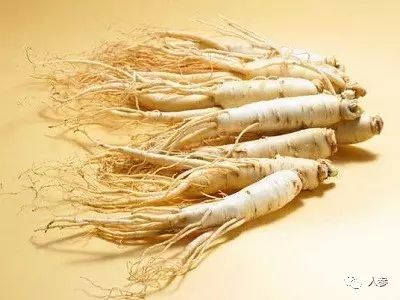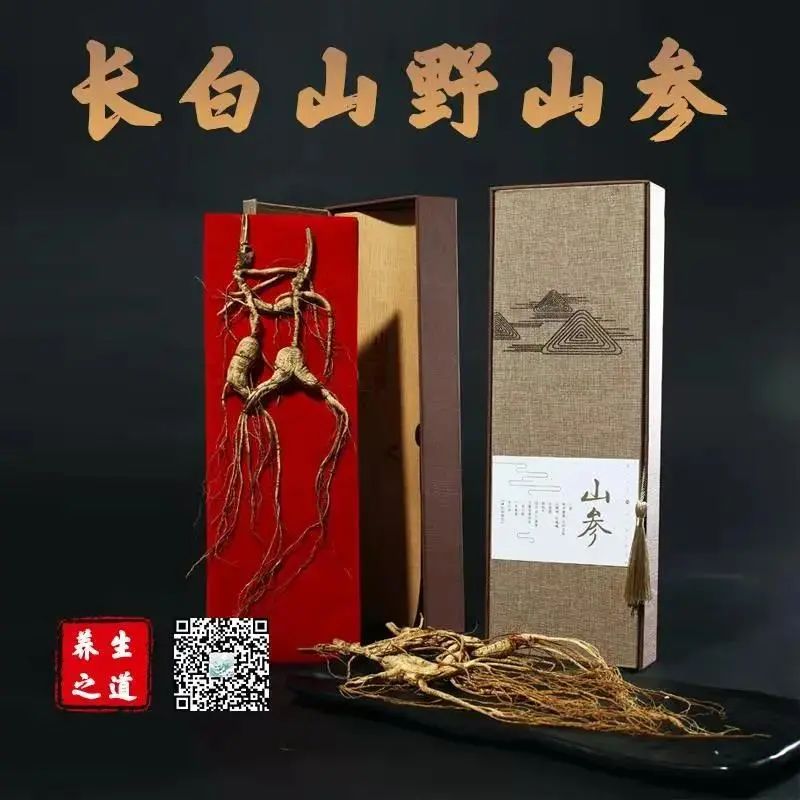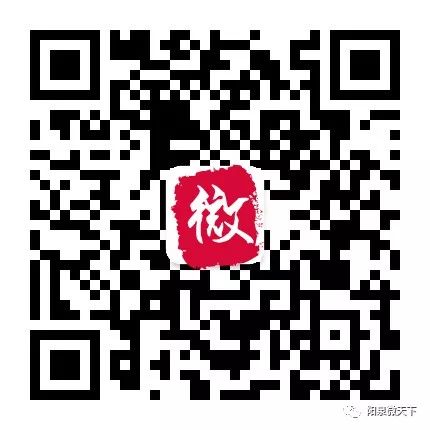Unbeknownst to many, ginseng, historically recognized as a supreme tonic for vital energy and rightfully dubbed the king of tonics, has been overshadowed by various colorful foreign ginseng from neighboring and even more distant countries. When ginseng is mentioned, people often only know about its supposed benefits—though they cannot articulate what exactly it benefits—more often than not, they say, “You still dare to eat ginseng? Be careful of nosebleeds!” This is quite astonishing.


Understanding the Characteristics of Ginseng
Remember the famous Ming Dynasty TCM scholar Gong Juzhong, who listed ginseng as the first in his “Four Hundred Flavors Song”: “Ginseng is sweet, greatly tonifies vital energy, quenches thirst, generates fluids, and regulates the defensive and nutritive Qi.” This has been the entry verse for countless TCM practitioners throughout history.
Without qualified TCM guidance, it is easy to misuse or overuse ginseng in an environment with developed consumption channels, leading to unexpected situations that may not suit everyone.
Summary of Important Considerations for Consuming Ginseng—
1. Should I be cautious about food interactions when consuming ginseng?
Ginseng should not be used with Li Lu (Veratrum), Zao Jiao (Soapberry), or Wu Ling Zhi (Flying Squirrel Feces), but these herbs are not commonly encountered. Generally, during the period of consuming ginseng, it is advisable not to eat radishes or drink tea simultaneously, as they can weaken the effects of ginseng.
2. Can I give ginseng soup to my child?
No, minors should use it cautiously.
3. What adverse reactions may occur from improper consumption?
For normal individuals, consuming about 3 grams of raw or red ginseng daily according to health needs should not cause adverse reactions. However, if one is too eager to tonify the body and takes ginseng in large doses, symptoms such as dizziness, headaches, irritability, insomnia, dry nose, dry mouth, nosebleeds, and diarrhea may occur, and use should be stopped immediately.
4. In what situations is ginseng not suitable for consumption?
Seven contraindications:
1. If the face is red and dark, with strong Qi and spirit, it should not be used.
2. If the pulse is wiry, long, tight, slippery, rapid, and strong, it indicates internal heat and should not be used.
3. If there is phlegm and Qi stagnation causing cough, do not use.
4. If cold is binding heat evil in the lungs, causing cough, do not use.
5. If there is prolonged illness with stagnant heat in the lungs, internal heat should be released, not tonified.
6. For various pains, do not use suddenly, as it is sharp evil Qi, suitable for dispersing, not tonifying.
7. For those with Yin deficiency and excess fire, blood deficiency with excessive fire can eat, but a wiry and rapid pulse indicates that cooling will harm the stomach, and warming will harm the lungs; it is not suitable for tonification.

Understanding Various Methods of Using Ginseng
(1) Infusion: Take 1-3 grams of ginseng slices daily, place them in a porcelain or glass cup, pour in boiling water, cover, and wait a moment. After about 10 minutes, it can be consumed, with no limit on the number of times. When the water flavor becomes faint, the ginseng residue can be chewed or discarded.
(2) Stewing: Generally, use 2-5 grams daily, placing ginseng slices in a porcelain bowl, adding an appropriate amount of water, sealing the bowl, and steaming it over water. After boiling, simmer for 20-30 minutes. First consume the ginseng juice, then swallow the slices, taking it half an hour before breakfast, and continuous use throughout winter yields excellent results.
(3) Decoction: Place 3 grams of ginseng slices in a clay pot or enamel container, add water, and boil until the slices turn red and the water becomes bitter. Then add a spoonful of honey and stir. This soup is called ginseng honey soup, and drinking a large bowl every morning is both nourishing and delicious.
(4) Congee: Add 3 grams of ginseng slices to boiling water, strain to obtain the juice, then add an appropriate amount of rice and water to cook into a thin congee. When hot, add an appropriate amount of honey or sugar, and chew the ginseng. Consuming once daily can tonify Qi, nourish blood, and strengthen the spleen and appetite.
(5) Sublingual: Take 2-3 pieces of ginseng slices, place them in the mouth, and slowly dissolve and swallow. This method is suitable for those with chronic illness, lung deficiency, shortness of breath, spleen deficiency, fatigue, and dry mouth and throat.
(6) Powdering: Grind ginseng into fine powder and swallow daily, with the dosage depending on individual constitution, generally 1-1.5 grams per time. This method is suitable for Qi deficiency symptoms.
(7) Steamed Egg: Take one egg, remove the shell, place it in a bowl, add 1-2 grams of ginseng powder and an appropriate amount of water, mix well, or drill a small hole in the top of the egg, add ginseng powder, mix well, seal with wet paper, and steam until cooked. Consume once daily. This can tonify deficiency, support the righteous Qi, and strengthen the body, suitable for the recovery of various chronic weakness diseases.

Three Essential Knowledge Points for Ginseng Consumption
In summary, I will share the three most important knowledge points regarding ginseng consumption that must be understood (others can be ignored)—
1. If the purpose of consuming ginseng is not for treating illness but for health maintenance, how much can be consumed in a day?
The pharmacopoeia stipulates the daily dosage of ginseng to be 3-9 grams; the health maintenance dosage is around 3 grams.
Patients with hypertension need to increase the dosage to about 5 grams daily.
Patients with hypotension should reduce the dosage to about 1 gram daily.
2. When is the best time to consume ginseng for health maintenance?
The best time for supplementation is during the autumn and winter seasons, with about 3 grams of ginseng slices daily for health maintenance.
3. Who needs to consume ginseng?
Ginseng has a protective effect on symptoms caused by sub-health conditions such as fatigue, loss of appetite, spontaneous sweating, night sweats, forgetfulness, dizziness, headaches, and impotence. It also enhances immunity, delays aging, regulates blood pressure and blood sugar, and protects the liver. In summary, those who feel weak or easily fatigued (often considered Qi deficiency in TCM) are most suitable for ginseng.
As for the peculiar claim that “for cancer patients, ginseng will nourish cancer cells and should not be consumed!”—many oncologists find the idea that patients should starve cancer cells and not provide them with nutrients to be laughable. “Cancer cells do not starve; usually, it is the normal cells that starve first.”
Cancer patients actually need to supplement various nutrients. Although ginseng is not the same as basic nutrients like vitamins and minerals, its components such as ginsenosides and ginseng polysaccharides are very beneficial to the body. Especially after surgery, radiotherapy, and chemotherapy, cancer patients often have weakened constitutions and poor appetites; appropriate consumption of ginseng is beneficial for quickly restoring vital energy and physical strength.
We must be clear and explicit that any discussion of the properties and effects of Chinese medicine without reference to the specific human body is essentially meaningless.—This is the unique aspect of TCM, which is indisputable and irrefutable.—Quoted from a contemporary chemist who successfully saved himself and others after self-studying TCM.


Keep your hands busy~ Follow us


Every journey begins with a desire to be with you, whether you are willing or not~

